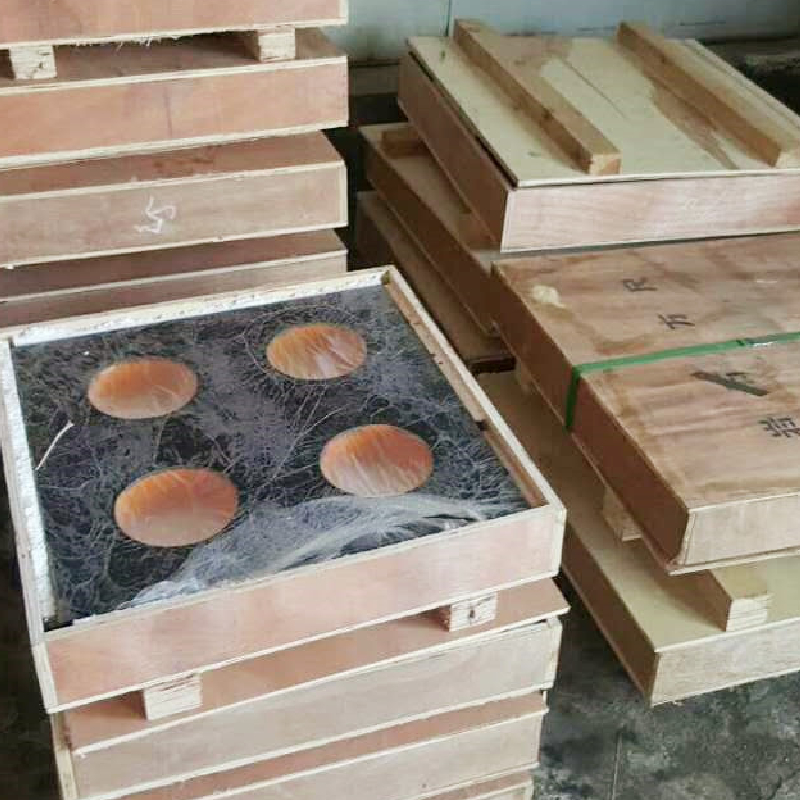ທ.ວ. . 11, 2024 11:21 Back to list
water line valve
Understanding Water Line Valves Importance and Functionality
Water line valves play a crucial role in plumbing systems, managing the flow of water throughout residential and commercial properties. These valves are fundamental components that ensure water supply is controlled, efficient, and safe. This article explores the various types of water line valves, their functionalities, and their significance in maintaining plumbing integrity.
What are Water Line Valves?
Water line valves are devices designed to regulate, direct, or shut off the flow of water within a piping system. They come in various forms, including gate valves, globe valves, ball valves, and check valves, each serving specific purposes depending on the application.
1. Gate Valves Gate valves are primarily used for on/off control of water flow. They are designed to allow or block flow through a straight line. When fully open, the gate valve offers minimal resistance, making it ideal for systems where water needs to flow freely without pressure loss. However, they are not suited for throttling as partially open gate valves can lead to erosion and flow turbulence.
2. Globe Valves Unlike gate valves, globe valves are excellent for regulating flow. Their spherical body design helps manage water flow with greater precision, making them ideal for applications where flow adjustments are needed. They are commonly used in water supply systems, where maintaining a consistent flow is critical.
3. Ball Valves Known for their durability and reliability, ball valves provide a tight seal and are used for quick shut-off applications. With a spherical disc (the ball) that rotates to open or close the valve, they can effectively control water flow with minimal pressure drop, making them suitable for both residential and industrial uses.
4. Check Valves Check valves are unique in that they prevent backflow in piping systems, ensuring that water flows in one direction only. This is vital for maintaining system pressure and preventing contamination of the water supply, making them essential in various plumbing and irrigation systems.
Importance of Water Line Valves
water line valve

Properly functioning water line valves are indispensable for several reasons
1. Water Conservation Efficient valves can help conserve water by preventing leaks and ensuring that water only flows when needed. With increasing concerns about water scarcity, the role of valves in reducing wastage cannot be overstated.
2. Safety Valves are critical in managing pressure within the water system. High-pressure levels can lead to burst pipes and water damage. By using pressure-regulating valves, property owners can ensure that their plumbing systems operate safely.
3. Maintenance Water line valves allow for easy maintenance and repair of plumbing systems. They enable sections of the pipeline to be isolated without having to shut off the entire system, reducing disruptions and allowing for quick fixes.
4. System Integrity The overall integrity of a plumbing system relies heavily on its valves. A well-maintained valve system prevents leaks and backups, ensuring that the water supply remains reliable and efficient.
Conclusion
Water line valves are vital components of any plumbing system, ensuring the seamless flow of water and maintaining the integrity of the entire system. Understanding the different types of valves and their specific functions allows homeowners and maintenance professionals to make informed decisions regarding their plumbing needs.
Investing in high-quality valves and performing regular maintenance can significantly enhance the efficiency of water systems, ultimately leading to cost savings and water conservation. As we continue to prioritize sustainable practices, the importance of water line valves will only grow, emphasizing the need for awareness and proper management of these essential tools. In a world where every drop counts, ensuring that our water line valves are functioning correctly is a step towards a more sustainable future.
-
Why Metric Trapezoidal Thread is Ideal for Precision Motion ControlNewsAug.05,2025
-
The Unique Properties of a Block of Granite for Industrial UseNewsAug.05,2025
-
The Role of Flanged Y Strainers in Preventing Pipeline ClogsNewsAug.05,2025
-
The Importance of Regular Calibration for Master Ring GagesNewsAug.05,2025
-
How a Cast Iron Surface Table Enhances Accuracy in ManufacturingNewsAug.05,2025
-
Comparing Different Check Valve Types for Optimal Flow ControlNewsAug.05,2025
Related PRODUCTS









